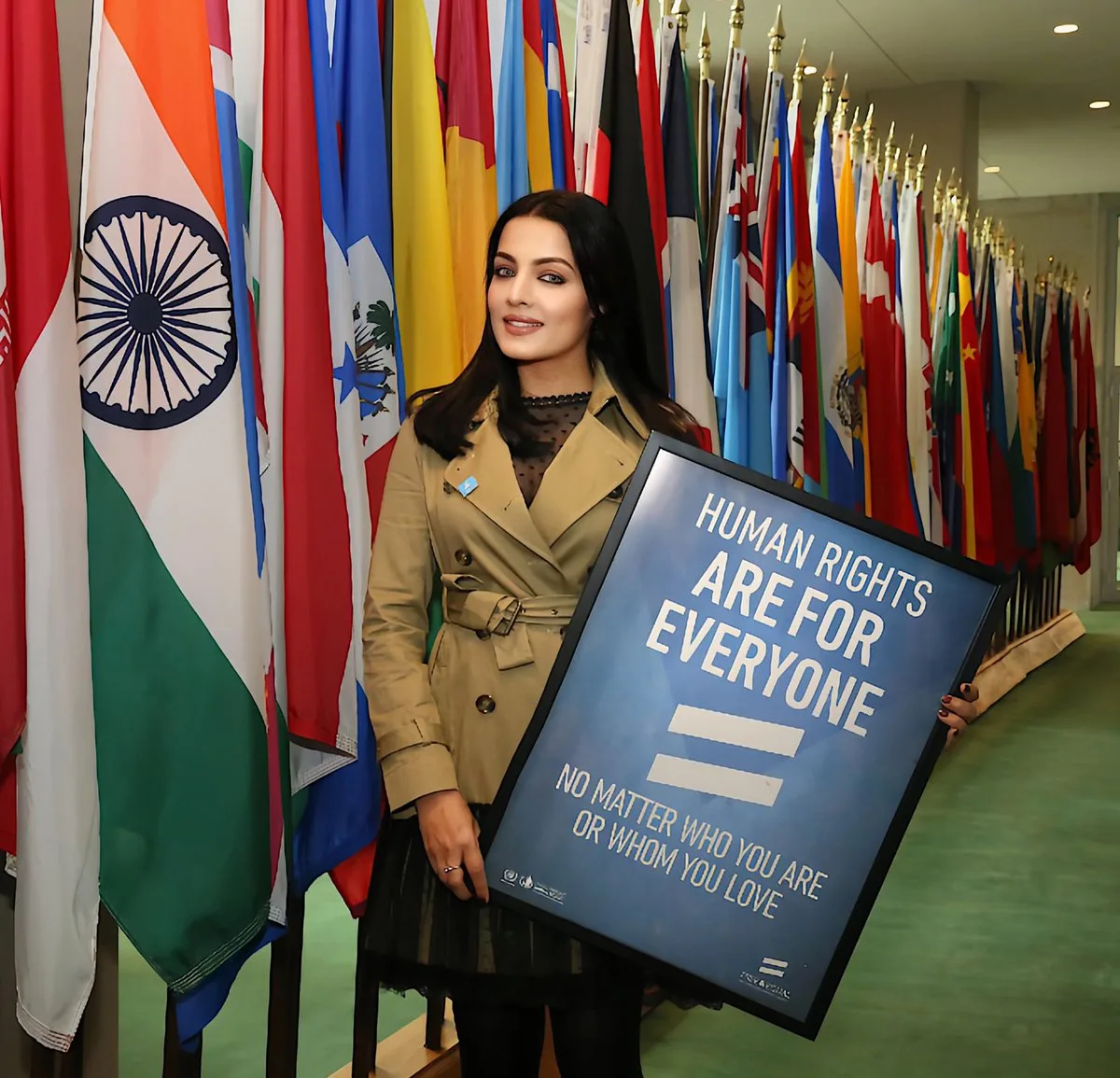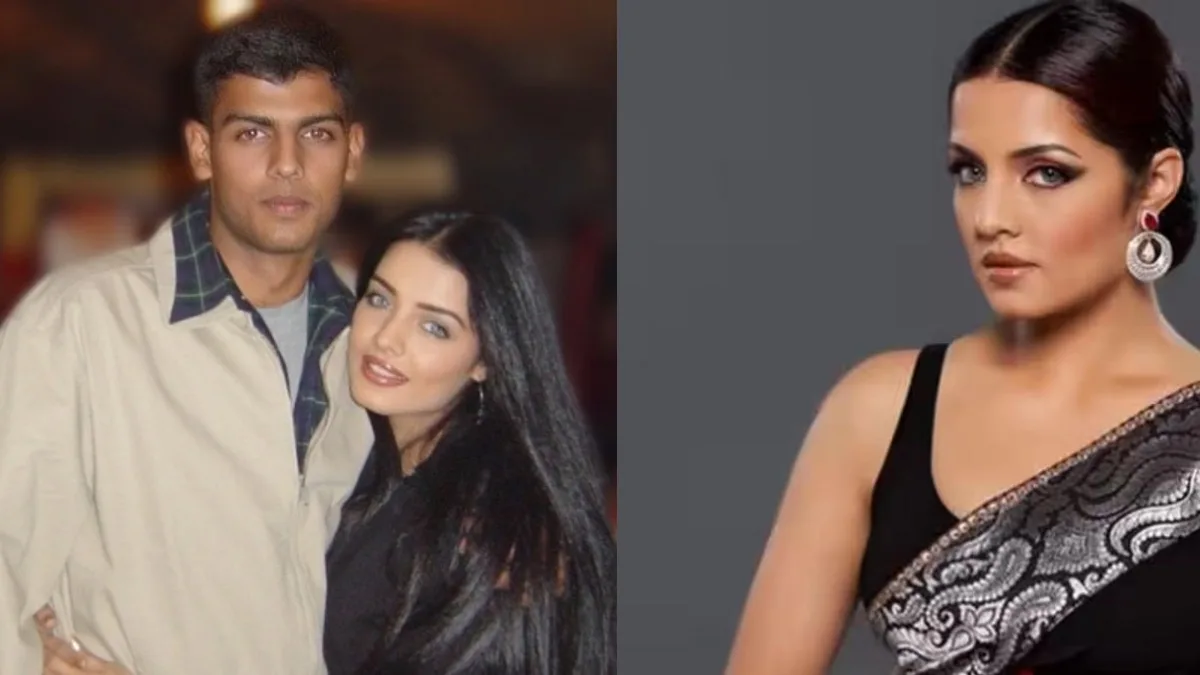In a deeply personal plea this week, Bollywood actress Celina Jaitly opened up about her determined fight to secure justice for her brother, Vikrant Kumar Jaitly (Major Retd.), who has reportedly been detained in the United Arab Emirates since September 2024. The case—highlighting alleged lack of consular access, legal representation and communication—has raised urgent questions about the protection of Indian citizens, especially military veterans, abroad.
In a petition filed before the Delhi High Court, Celina urged authorities to intervene, citing her brother’s disappearance as an “enforced disappearance” followed by months of detention without transparency. He had been living in the UAE since 2016, reportedly working with a trading-consultancy firm, and ceased contact with his family after September 6, 2024. The family claims he has no verified communication and fears he is being held under ambiguous circumstances.
Read more: Madhuri Dixit’s Toronto Show Slammed As ‘Misleading’ By Fans After Three-Hour Delay

Justice Sachin Datta of the Delhi High Court issued a notice to the Ministry of External Affairs (MEA) and asked the central government to file a status report within four weeks. The court also ordered the appointment of a nodal officer to coordinate between the detained individual, his family and Indian diplomatic channels. The matter is next listed for hearing on December 4.
Celina Jaitly, visibly emotional at the court gate, posted on social media: “After an arduous 14 months, I have finally reached the light at the end of the dark tunnel… You fought for us, bhai, now it’s time for us to stand behind you.” She reiterated her trust in the Indian government, calling her brother a fourth-generation soldier and recipient of a COAS Commendation for Gallantry, and urged quicker action to protect the rights of Indian nationals abroad.
According to the family’s petition, the lack of contact and clarity has been distressing: despite repeated applications through the MEA’s MADAD portal and multiple appeals to the Indian Embassy in Abu Dhabi and the Consulate in Dubai, the only confirmed consular visits recorded for Major Jaitly were in May, June, August and September 2025. They claim no verified phone call or communication has taken place for over a year.

The plea emphasises that the MEA has a constitutional obligation to safeguard Indians detained abroad—particularly those deprived of liberty. It sought orders to provide immediate legal representation, ensure regular contact with family, monitor the detainee’s welfare and guarantee treatment in accordance with international standards for consular protection. The family also raised concerns about Jaitly’s mental health state, citing possible cognitive decline due to prolonged isolation.
The case has struck a chord not just as a personal crisis, but as a broader diplomatic and human-rights issue. Experts note that detentions of Indian nationals in foreign jurisdictions, especially in Gulf countries, demand consistent consular support and transparency. The court’s order is being seen as an important step, signalling that Indian authorities cannot remain passive when a citizen’s liberty is in question abroad.
Celina Jaitly’s ordeal reflects something deep
For Celina Jaitly, the ordeal has been emotionally and publicly taxing. Through her posts and court submissions, she has framed the struggle as one of a sister fighting for a brother who once fought for the nation. The imagery is deliberate and poignant: a star appealing from the court’s steps on behalf of a soldier inside unknown confinement. Her narrative triggers reflection on how celebrated figures can become voices for vulnerable individuals who may otherwise go unnoticed.
The legal direction from the court also carries practical significance for Major Jaitly’s situation. By ordering the MEA to designate a nodal officer and maintain regular updates, it establishes a framework that could curb indefinite detention without oversight. While the government has stated that consular access has been provided, critics argue that access must be accompanied by transparency, effective legal representation and welfare monitoring—not merely formal visits.

Moving forward, the family’s campaign may shape how India handles similar overseas detentions, especially of defence veterans and expatriate professionals. If Major Jaitly returns with his rights affirmed and legal issues addressed, the case could become a referential precedent. If not, it could expose systemic gaps in protection mechanisms and diplomatic follow-through.
For now, Celina and her family remain in limbo—waiting for the next hearing, urgent updates and hopefully a homecoming. As the nation registers the story, the next chapter will test not just one family’s resilience, but the robustness of India’s care for its citizens beyond its borders.


